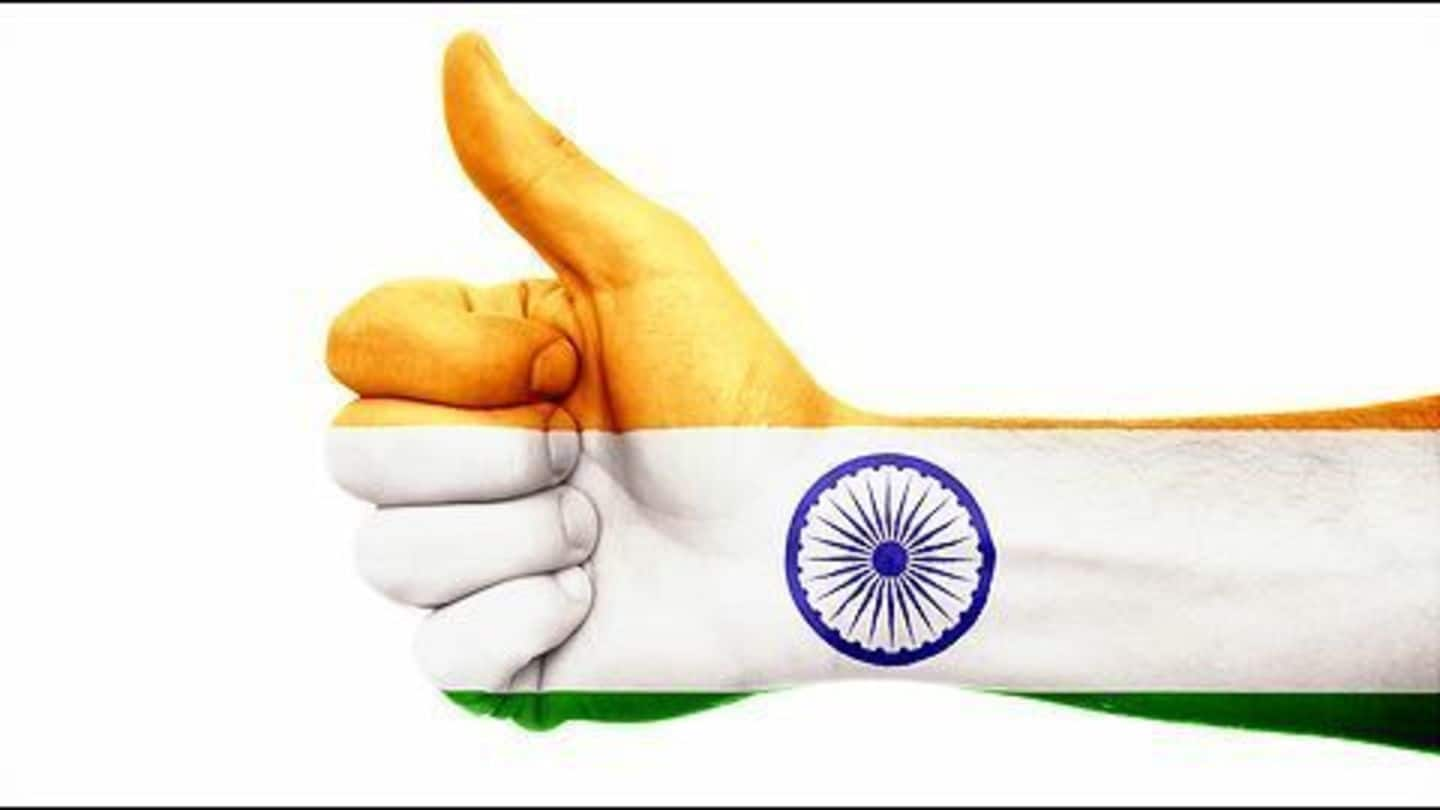
India is secular with no state religion: India to UN
What's the story
Responding to Pakistan's criticism over minorities' treatment, India asserted safeguarding minorities' rights forms an "essential core" of its polity. Addressing the 27th Session of UN Human Rights Council's Universal Periodic Review Working Group, Attorney General Mukul Rohatgi stated Indian Constitution "enshrines" various provisions for protecting minorities' rights and interests. Rohatgi added India makes no distinction between caste, creed, religion, or color of a citizen.
Quote
Constitution guarantees religious freedom, right to free speech and expression
Rohatgi told the member states: "India is a secular state with no state religion. As the world's largest multi-layered democracy, we fully recognize the importance of free speech and expression. Our people are conscious of their political freedoms and exercise their choices at every opportunity."
Free Trial, Legal Aid
India champions upholding of human rights enshrined in Constitution: Rohatgi
Rohatgi asserted the right to free trial and legal aid "up to the highest court are enshrined as fundamental rights" in India's Constitution. He said as the Attorney General he was summoned by the SC at 2:00 am to hear a last-minute petition by a convict guilty of terrorism to escape punishment. He was indirectly referring to Yakub Memon, who was hanged in Jun'15.
Non-Violence
Concept of torture alien to the Indian culture: Rohatgi
Rohatgi said India believes in peace and non-violence. On the Armed Forces Special Powers Act, he said it is applied only to few disturbed areas in proximity to some international borders; whether it should be repealed is being debated in India. India stressed Jammu & Kashmir is an integral part of its territory; describing it as India-occupied or India-administered is an aberration and invalid.
Information
Pakistan rakes up the Kashmir Issue at UNHRC
Pakistan's delegation demanded a ban on pellet guns used by India's security forces, asking India to allow a UNHRC fact-finding team to visit and review the situation in Kashmir. It also alleged mob violence against minorities Muslims, Sikhs, Christians, and Dalits in India.
Rights, Needs
India at the forefront of recognizing transgenders' equal rights
A landmark 2014 judgment of the Supreme Court directed the government to declare transgender as "third gender" and included it in 'Other Backward Class' entitled to affirmative action benefits. It reinforced transgenders should have all rights, including marriage, divorce, adoption, succession, and inheritance. India made significant progress in addressing the special needs of people with disabilities and mental health issues through 'Accessible India Campaign'.
Vulnerable Groups
Protecting rights and ensuring development of vulnerable groups
Rohatgi said India seeks to ensure the protection of rights and inclusive development of vulnerable groups; enacted laws to address sexual assault and gender-based crimes. India overhauled the legal framework to deal with child sexual abuse and remains committed to combating human trafficking. Also, various steps were taken for ensuring a "safe and dignified" work environment for women and facilitating their overall socioeconomic empowerment.
Other Matters
India remains alert to global warming: Rohatgi
India remains alerted to the issue of global warming; to fulfill its citizens' rights to a clean environment, India launched Swachh Bharat Abhiyan. India prioritizes poverty eradication and inclusive sustainable development. Make in India, Beti Bachao Beti Padhao, Smart Cities, Swachh Bharat, Jan Dhan Yojana, Digital India, Skill India, and Startup India correspond to the Seventeen Sustainable Development Goals for achieving the 2030 Agenda.